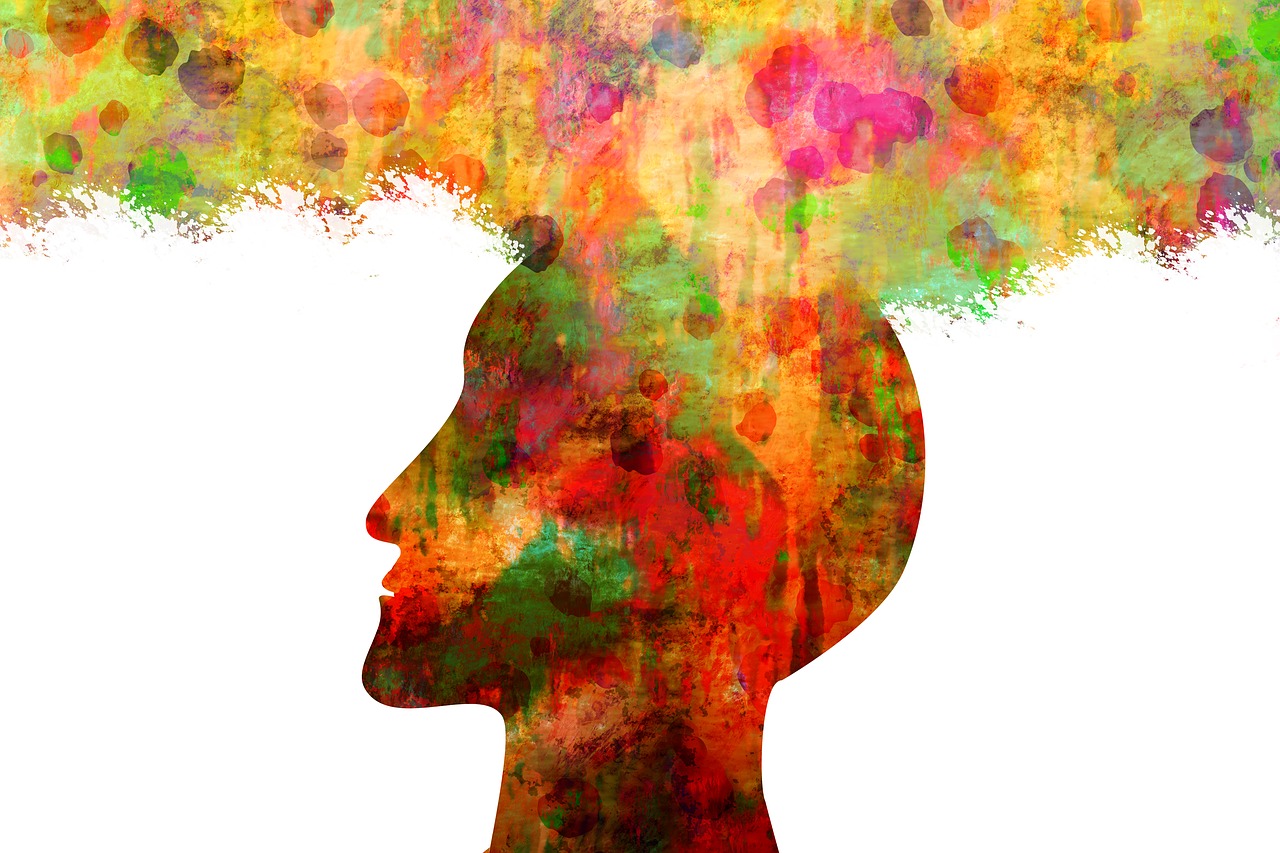It’s accepted wisdom that reading is good for us. However, did you know that reading affects the physical structure of our brain biology – and for the better? Beyond the intangible but valuable knowledge we gain from our books, reading has tangible benefits for our brains.
These are four ways that reading improves our brain health and how this can help in our personal development.
Reading boosts our brain power.
According to a study at Carnegie Mellon University, reading can physically beneficially alter our brain tissue. Reading exercises done by the study participants resulted in more white matter in the brain.
White matter is primarily responsible for facilitating the exchange of information and communication between different areas of your brain, in a sense, an ‘information highway’. The loss of white matter has been associated with forgetfulness and shortened attention spans, along with slower speeds in processing information.
While the study was only conducted amongst young children, it demonstrates how reading can ultimately improve our brain power – and possibly, our ability to process information. Perhaps that can explain why the most successful people in the world are also avid readers.
More importantly, of the study’s results, researcher Marcel Just shared, “Showing that it’s possible to rewire a brain’s white matter has important implications for treating reading disabilities and other developmental disorders, including autism.”
Reading is a great stress-busting exercise.
With the rapidly rising cost of living and the long working hours, it’s no wonder that Singapore is one of the most stressed out nations across the globe. Instead of pulling up your Netflix queue, try reading as a mode of combating your stress instead.
Studies have shown that reading can be an excellent mode of stress relief. For example, a study by researchers from Sussex University found that reading may reduce your stress by as much as 68%. This was regardless of the type of book participants were reading, so long as they were engrossed in their reading materials.
So, the next time you find yourself tearing your hair out in stress, reach for a book instead. You may find your shoulders feeling a lot lighter after you’re done with a chapter.
Reading rewires your brain for increased empathy.
It’s common to say, “This book has changed my life!” after reading a remarkable novel. There’s more truth to these words than you can imagine.
Researchers at Emory University’s Center for Neuropolicy found that the changes in your brain’s connections last a few days after reading a novel.
The study showed heightened connectivity in the research participants’ left temporal cortex, where language processing occurs in the brain, and the central sulcus, which helps to generate the feeling of physical sensations. This is summarised by the study’s lead author, Gregory Berns, “We already knew that good stories could put you in someone else’s shoes in a figurative sense. Now we’re seeing that something may also be happening biologically.”
Extrapolating from this, it’s safe to say that reading tweaks our biology to improve our language abilities and increase our empathy toward the world. Both are essential skills if we want to succeed in our ambitions.
Reading prevents cognitive decline as you age.
Reading a challenging book can feel like a mental workout — which can be a good thing!
While we don’t need to read challenging material every day, keeping our brains active is good. Exercising the brain keeps your neurons firing and working hard, decreasing the risk of age-related cognitive decline, such as Alzheimer’s disease.
A study published in the leading journal Neurology showed that frequent cognitive activity, such as reading, was associated with slower cognitive decline. Those who read frequently were more likely to maintain their cognitive functioning than those who didn’t.
Ageing is an inevitable phenomenon of life. However, the study shows that it doesn’t have to be a downhill journey. Making time to read daily can keep our brains functioning well as we enter our silver years.
With all the benefits listed above, there’s no reason why we shouldn’t adopt reading as a daily habit. What is also great is that based on the studies shared, the positive effects of reading do not seem to be limited by what you read but if you read at all.
Not sure what you should get started with? Let us help you make your choice. You can find quality summaries of Asian best-sellers in the NexPage app. Check out our wide range of reading options on the Apple Store or Google Play Store now!


